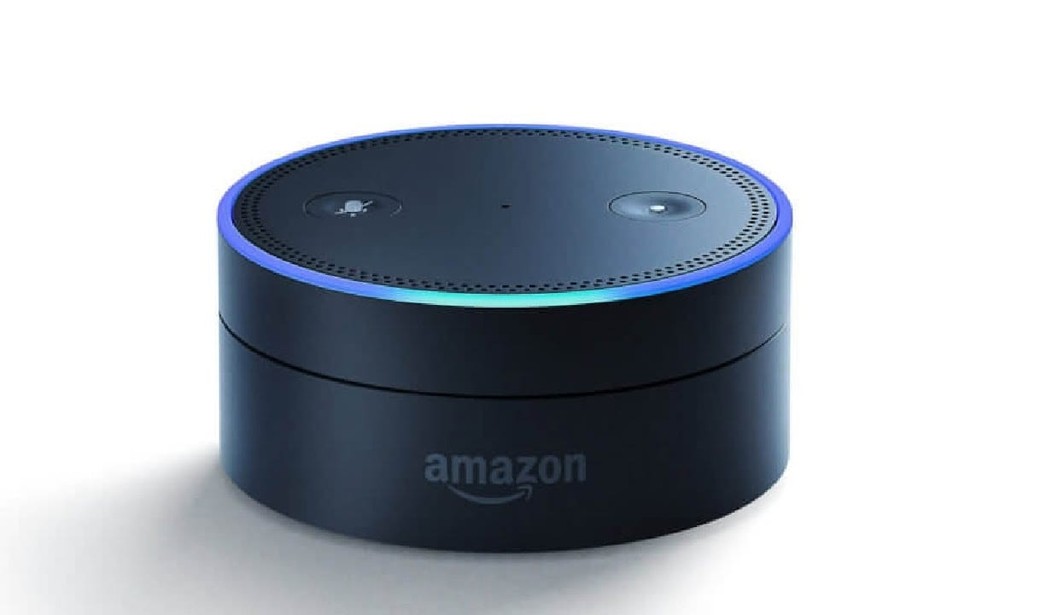Amazon just announced that they’ve added new capabilities to the Alexa Echo intelligent assistant speakers just in time for the upcoming elections. It is utilizing the resources of the Associated Press and Ballotpedia to prepare for a wide variety of questions it anticipates will be asked related to the November 6 midterms as well as after the conclusion of the elections.
Working with the nonprofit digital encyclopedia Ballotpedia, Alexa will be able to tell you when the polls open, describe the races on your ballot, and the propositions in your local district. It will be able to give you updates on voting news on Election Day, including how your candidate is doing and your party is faring across the country.
The new skill Amazon has developed for Alexa is expected to be widely used. Amazon created these capabilities by bringing together a group of writers, data scientists, and engineers to brainstorm and come up with the questions they expect to get, based to a large degree on what was being asked during the 2016 election. The responses are designed to be accurate, concise, and unbiased. The technology uses artificial intelligence, access to vast databases, and real-time updates. The development team decided that Alexa would be feminine and completely unbiased.
Users will be able to ask, “Alexa, what’s my election update,” and, with it knowing your location, it will respond with the latest information about your gubernatorial, congressional, and Senate candidates and results.
For Election Day, Amazon is working with the Associated Press as a source for learning the voting results in local, state, and national races once the polls close. Alexa will have some restrictions and won’t be able to answer every question thrown at it, such as identifying all local polling places.
As an example of how this works, one of our editors in Ohio who owns an Alexa asked for her election update and got this response:
There are five days until Election Day, when Republicans and Democrats will compete for control of Congress. There are 35 seats up for election in the Senate. All seats in the House are up for election. A party needs 218 seats to control the House.
In Ohio, there is one measure on the ballot and elections for governor, Senate, and the House of Representatives. Democrat Richard Cordray and Republican Mike DeWine are running for governor. The candidates for Senator are Democrat Sherrod Brown and Republican Jim Renacci.
Some races to watch include the governor of Ohio, Georgia, and Florida and the elections for Senate in Missouri, Indiana, and Florida. Polls will be open from 6:30 a.m. to 7:30 p.m. on Election Day, November 6. Ballot measure data is sourced from Ballotpedia.
Today in a blog post, Amazon explained how the virtual assistant, which works on all of the company’s line of smart speakers, can be used before, during, and after the election:
1. Midterm elections voting and voter education
Leading up to the election on November 6, we’re offering information about voter registration deadlines, voting options (online, in person, by mail), what times polls open and close, and more. We’ve also teamed up with Ballotpedia – a nonprofit, nonpartisan digital encyclopedia – to offer ballot information.
2. Midterm elections voting and voter education
Just ask:
o “Alexa, when are the polls open?”
o “Alexa, what’s on my ballot?”
o “Alexa, what does it mean to vote yes (or no) for [state] [ballot measure]”?
o “Alexa, who is running for Senate in [state]?”3. Real-time election results
For Election Day, we’re teaming up with the Associated Press to provide real-time updates on election results.
Just ask:
o “Alexa, what’s my election update?”
o “Alexa, who is winning in [state]?”
o “Alexa, how is [candidate] doing in the election?”4. Post-election outcomes
Following the election, customers can get more details on the election outcome.
Just ask:
o “Alexa, what happened in the midterm elections?”
o “Alexa, how many seats did [party] gain?”
o “Alexa, how did [candidate] do in the election?”
It’s a big technical achievement to provide answers to the tens of thousands of potential questions it expects to be asked and to get them right nearly all the time. It’s just another way Amazon is working to further distance their smart speakers from their competition.
A note of caution: A smart speaker that listens to you to in order to respond may record conversations it hears and use them for undisclosed purposes. While all smart speaker companies deny that they are eavesdropping, there’s certainly a temptation and capability to use audio to learn more about you. In fact, that’s likely what motivated Facebook to introduced its own line of smart speakers with displays this past week.









Join the conversation as a VIP Member